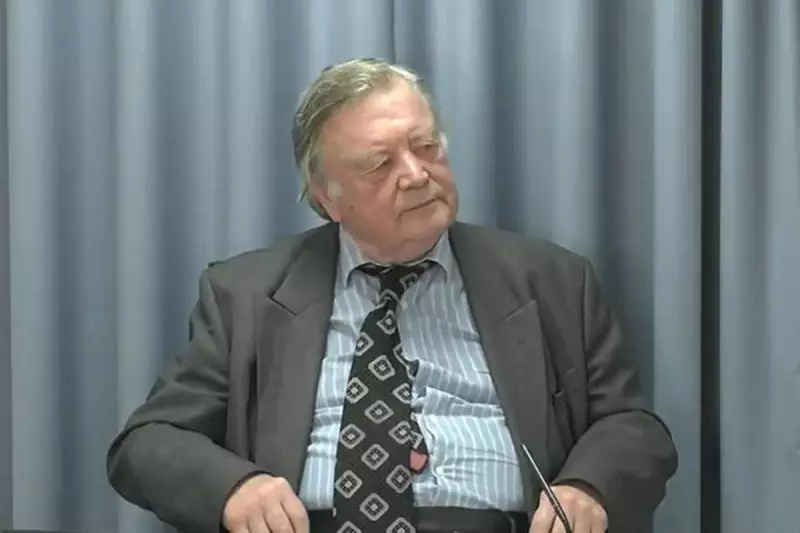
Former Chancellor Lord Ken Clarke has issued a stark warning to current Finance Minister Rachel Reeves, urging her to reconsider her decision not to increase income tax and instead implement a 2p rise in the upcoming budget.
'Air of Gloom' Over the Economy
In a candid interview on BBC Radio 4's PM programme on Monday 17 November, the respected former chancellor criticised what he termed the "disastrous bad practice" of pre-budget briefings. He argued that this approach has "produced an air of gloom over the whole economy."
Lord Clarke, who helped steer the UK's recovery after Black Wednesday in 1992, lamented the erosion of traditional budget purdah. "In my day we had something which we gave a strange name – budget purdah – and for a period of a month or two before a budget, for any minister, political adviser, civil servant, to breathe a word about what might be in the budget was a kind of hanging offence," he stated.
Market Confidence and Parliamentary Respect
He elaborated on the consequences of such briefings, emphasising that they not only undermine Parliament but also damage economic stability. "It upsets the markets, it affects confidence, people start trying to make money on the trailed announcements of what's going to be done," Lord Clarke explained.
With a reported £20 billion gap in her spending plans, Ms Reeves is reportedly considering a suite of wealth taxes. These potential measures include:
- A mansion tax on properties valued over £2 million.
- A new gambling tax.
- An increased bank levy.
A Call for an 'Unpopular' but Necessary Budget
When asked what his approach would be, Lord Clarke was unequivocal. He advised the Chancellor to brace herself for an "extremely unpopular budget" focused on escaping the "acute economic crisis." This, he said, requires tackling the "fantastic burden of debt" inherited and added to by the current government.
His prescription was clear: "Put your tin hat on, put up taxes, cut public spending, brace yourself for the reaction." He stressed the need for clear communication that these difficult steps are necessary to return to growth with low inflation in two to three years.
On the specific question of which tax to raise, Lord Clarke expressed a reluctant preference. "I am very reluctant to raise income tax... But now I think at least a penny, perhaps tuppence, on income tax. It's the fairest, basic tax," he concluded, noting he was torn between that and an increase in VAT.





